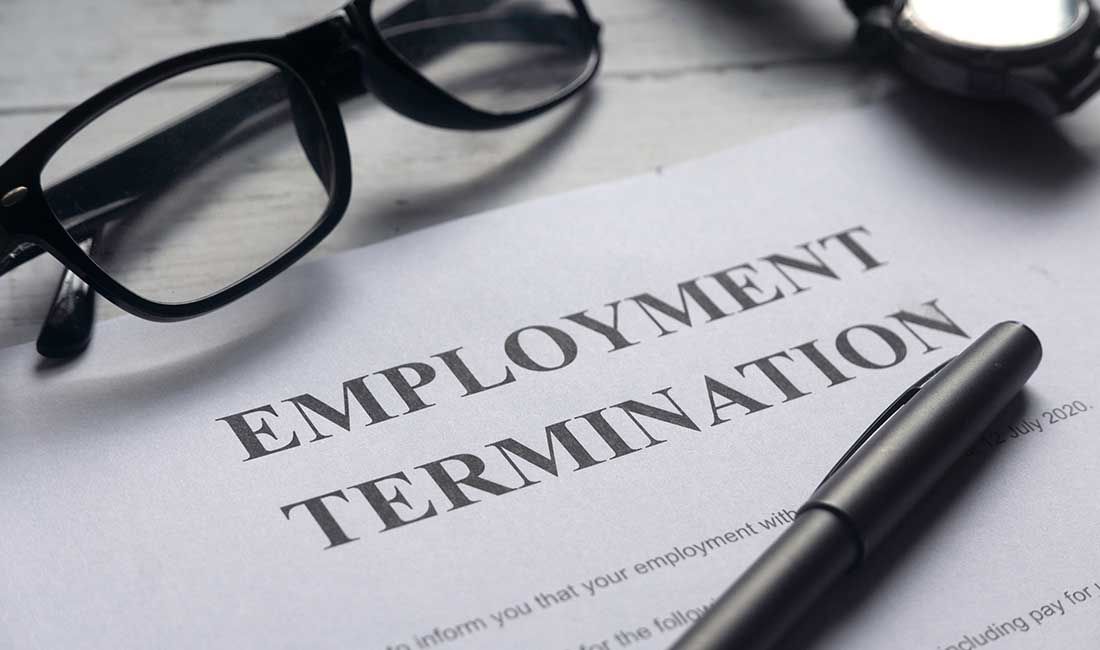Zero-Hours Workers £1,000 Worse Off

| W.E.U Admin | Improving Working Lives
TAGS: Economics, Pay
Dear Members, the Workers of England Union will continue to campaign on your behalf to end zero-hours contracts. Recent research by the Resolution Foundation reveals that workers on these contracts face a “precarious pay penalty” compared to colleagues in permanent roles. Your support is vital. If any of your family or friends are on zero-hours contracts, please let our offices know. We want to help you and your family improve your working lives.
Regards,
Stephen Morris
General Secretary
Workers of England Union
Zero-Hours Workers ‘£1,000 Worse Off a Year’ Than Employees
Resolution Foundation Study Highlights a Pay Penalty
According to the Resolution Foundation, workers on zero-hours contracts incur an average pay penalty of 93p per hour compared with permanent staff. Over a typical 21-hour week, this amounts to around £1,000 less per year. In low-paid roles, the penalty rises to 9.5%, underscoring the divide between precarious and secure employment.
The Foundation’s analysis is the first to isolate the specific penalty associated with zero-hours contracts. While zero-hours workers earn on average 38% less per hour than permanent employees, much of that gap was previously attributed to sector, age and experience. By controlling for factors such as gender, age, qualifications, occupation and tenure, researchers determined that 6.6% of the pay gap is directly linked to the insecurity of zero-hours work.
Key Findings
- Precarious Pay Penalty: 93p per hour, equating to £1,000 a year.
- Low-Paid Roles: 9.5% pay penalty.
- Overall Earnings Gap: Zero-hours staff earn 38% less on average.
Industry Impact and Rising Numbers
Zero-hours contracts are prevalent in retail, hospitality and care: Sports Direct, JD Sports, restaurants, hotels and the NHS employ significant numbers. Official data show over 900,000 UK workers on zero-hours contracts—a 20% increase in one year—making insecure employment a permanent feature of the jobs market.
Voices and Responses
Laura Gardiner, senior policy analyst at the Resolution Foundation, states: “Zero-hours contracts carry a significant ‘precarious pay penalty’ that can cost workers around £1,000 a year. That’s a big price to pay for work that too often lacks the security workers desire.”
Frances O’Grady, TUC General Secretary, adds: “Zero-hours workers suffer the double whammy of lower pay and fewer rights at work. The Taylor review must drag employment law into the 21st century.”
Related Research and Reform
Earlier studies reveal agency workers face a 22p hourly pay penalty (£430 a year) and permanent agency staff lose 45p per hour. Unite estimates over 5 million UK workers are in insecure roles. The government’s Mathew Taylor review aims to propose reforms for greater worker control and security.
Progress by Employers
In response to growing concerns, some employers—such as Wetherspoons and Everyman cinemas—have begun offering full-time contracts to previously zero-hours staff, setting a positive precedent for secure employment.
Take Action: If you or someone you know is on a zero-hours contract, contact the Workers of England Union today to secure better pay, rights and stability.
workersofengland.co.uk | Independent Workers Trade Union


















